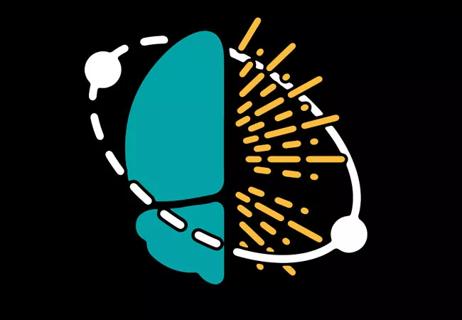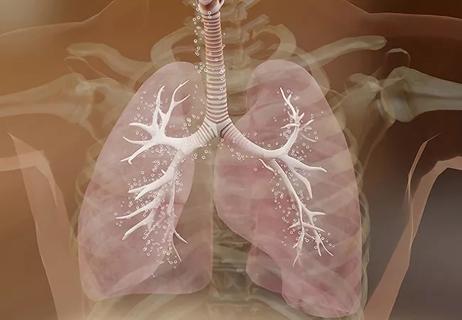Researchers identify protector of intestinal barrier

The protein β-actin is an essential regulator of gut barrier integrity, according to new research. Led by Andrei Ivanov, PhD, in the Department of Inflammation and Immunity, the study found that β-actin may be a viable target to help treat or prevent chronic inflammatory bowel diseases like ulcerative colitis, although future research will be necessary. The research was recently published in Frontiers in Cell and Developmental Biology.
Cleveland Clinic is a non-profit academic medical center. Advertising on our site helps support our mission. We do not endorse non-Cleveland Clinic products or services. Policy
Actins are the most abundant proteins in human cells and are critical for supporting cellular structure and virtually all cellular functions. Epithelial cells, which line the inner intestines, express two actin variants: β-actin and γ-actin. “Our study was the first to investigate the independent function of β-actin, separate from its related variants, in a preclinical disease model,” says Dr. Ivanov.
Previously, Dr. Ivanov and his team showed that actin proteins help to ensure intestinal barrier integrity by maintaining tight cell-to-cell connectivity. It was unknown, however, whether β-actin and γ-actin have unique or redundant functions in promoting this cell connectivity.
To answer this question, the researchers genetically engineered a preclinical model in which β-actin expression was selectively silenced in intestinal epithelial cells. They found that subjects without β-actin exhibited significantly increased intestinal permeability, which is commonly referred to as “leaky gut” and can allow bacteria and toxins to pass from the intestines into the bloodstream.
“Increased intestinal permeability is associated with a number of inflammation-related diseases, including inflammatory bowel diseases and is thought to increase disease severity,” says Dr. Ivanov. “However, it remained poorly understood if the increase in intestinal permeability plays a causal role in either triggering or worsening intestinal inflammation. Our β-actin knockout model with leaky gut provides a unique opportunity to investigate the effects of specific gut barrier disruption on intestinal inflammation in preclinical models.”
They found that in a model of ulcerative colitis, β-actin knock out was associated with significantly worse disease-related symptoms compared to those that normally expressed β-actin.
“We also saw that β-actin knock out was associated with more pronounced inflammatory signaling and tissue injury responses,” Dr. Ivanov adds. Expression analyses revealed that the β-actin deficient subjects with exaggerated colitis exhibited increased inflammation—including higher levels of inflammatory cytokines in the colonic tissue and increased immune cell infiltration into the gut—and accelerated cell death.
Taken together, these findings suggest that β-actin plays an important role in protecting the epithelial lining from injury and inflammation, and functions independently from closely related γ-actin. It also illustrates that selective perturbation of gut barrier integrity is sufficient to exaggerate gut injury and inflammation.
Dr. Ivanov says that to his knowledge, theirs is the first study to show that β-actin actually increases epithelial cell survival during inflammation, and that he looks forward to investigating the specific mechanisms that confer this protection.
While additional research will be critical, these findings present the possibility that targeting β-actin to amplify its expression may help treat or prevent gut inflammation that can lead to chronic inflammatory bowel diseases.
Susana Lechuga, PhD, a postdoctoral fellow in Dr. Ivanov’s lab, was first author on the study, which was supported by the National Institutes of Health.

Investigators are developing a deep learning model to predict health outcomes in ICUs.

Cleveland Clinic and Johns Hopkins collaboration could help meet need for new therapies

Cleveland Clinic researchers’ finding paves the way for new antiviral approaches

Multicenter collaboration aims to facilitate tracking of neurological activity deep within tissue

Findings illuminate MCEMP1 protein’s role in severe inflammation

Anti-viral immunity identified a novel mechanism in necroptosis

Cleveland Clinic’s new Global Director of Vaccine Development outlines plans, priorities

Collaborative involving Cleveland Clinic investigators focuses on antiviral drug development